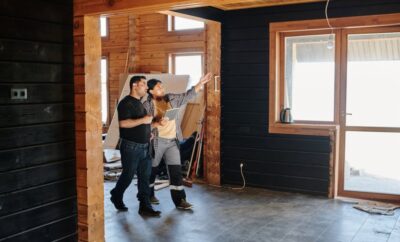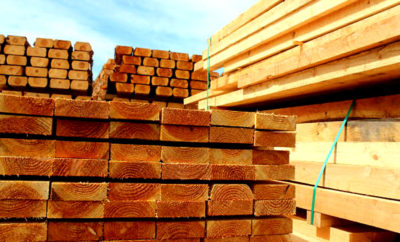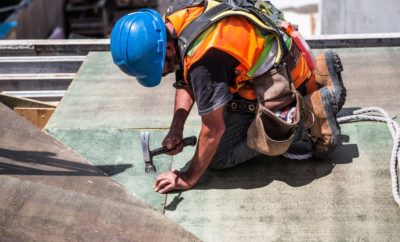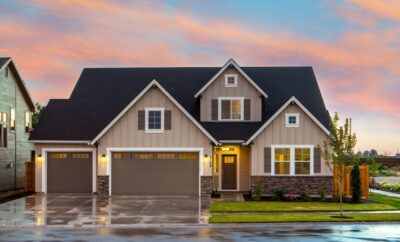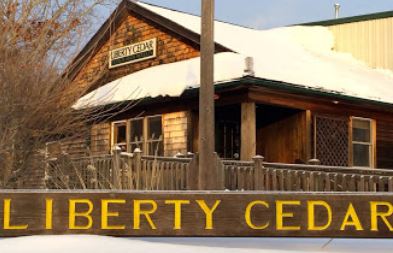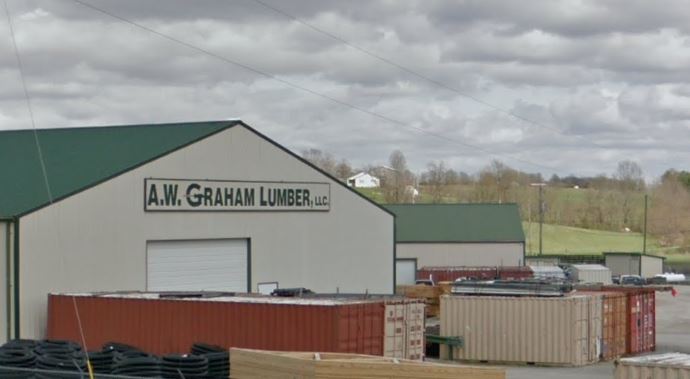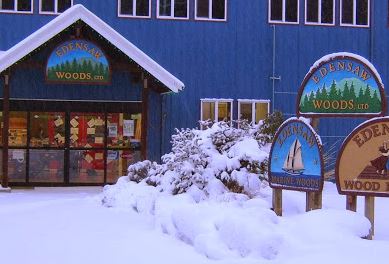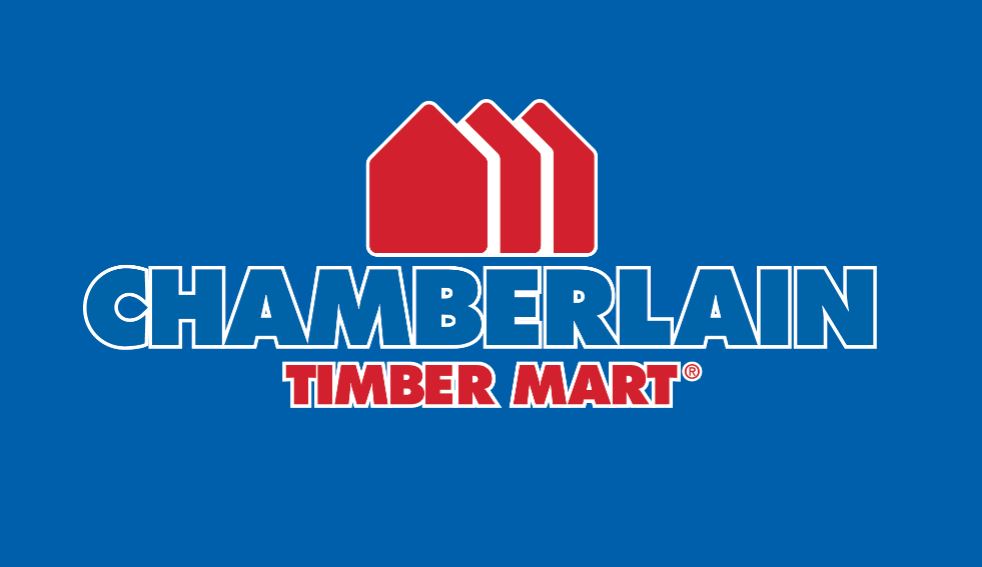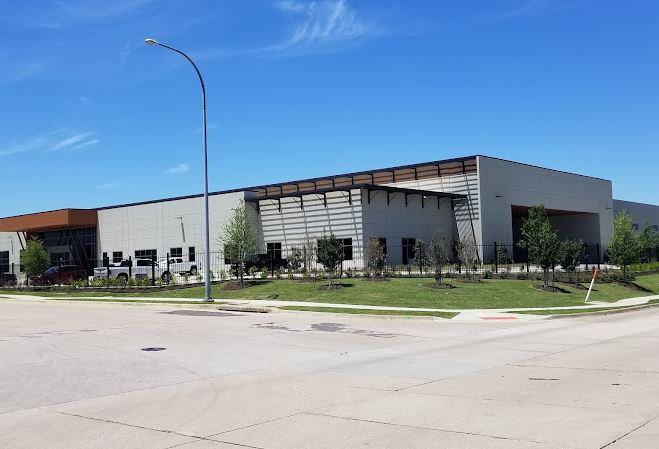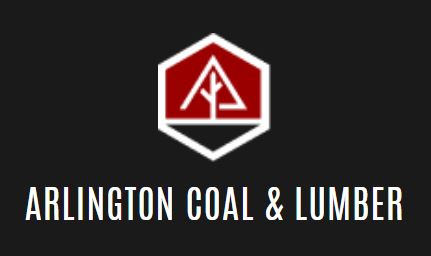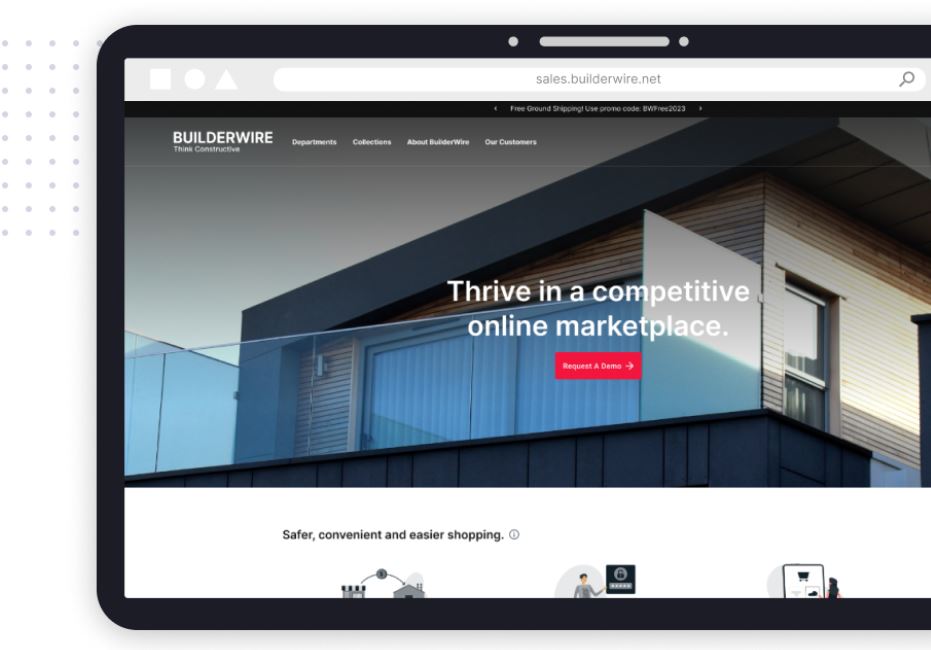
What is a Deck Board?
Decking is a term used to describe wooden boards that are attached to the ground in a garden or other outdoor area for people to walk on.
Decking Board Types
Choosing which material to use for your decking boards is an age-old conundrum, and it’s likely the most important decision you’ll make in your entire project. But don’t worry, our experts have summarized the available options in this easy-to-digest, useful guide that will assist you in matching you with your ideal structure.
Choosing your decking material used to be a simple matter of picking between wood and wood. And, while there may have been a variety of wood species to choose from, there were certainly not the plethora of options available to us today.
There are numerous surfaces, colors, and composites available today, all of which can affect the life, maintenance, eco-friendliness, and cost of your decking.
What are the Different Types of Decking Boards?
Pressure-Treated Softwood Deck Boards
Traditional, low-cost decking wood that has been pressure-treated for tensile strength. They are the most popular decking board type among consumers. While boards are relatively simple to install, they must be maintained on a regular basis.
- Advantages: Low cost; simple to work with; widely available and easily sourced
- Cons: It can warp and split; it requires regular maintenance; and it contributes to deforestation.
Hardwood Deck Boards
Hardwood decking boards are more expensive than pressure-treated wood because they come from tropical trees. They are naturally resistant to warping, splitting, and rot, but they must be maintained on a regular basis. One of the most beautiful decking materials available.
- Advantages: Natural-looking warm colors; extremely durable material; Longevity
- Cons: Expensive; requires regular maintenance; difficult to cut and drill
Composite (WPC) Deck Boards
Composite boards are the new kids on the block, made of a wood-flour-recycled-plastic mixture. Most composites have a capped exterior to protect against mold, insects, and moisture, making them extremely low-maintenance. Many retailers are so confident in their product that they offer lifetime warranties.
- Advantages: Extremely low maintenance; recyclable Long product lifespan
- Cons: Relatively expensive; can appear artificial; warm underfoot in hot climates
Which Deck Boards Should I Buy?
Pressure-treated softwoods are unquestionably the most affordable and simple decking boards. They are widely available from the majority of DIY stores, and their availability means you can be picky about who you buy from.
However, it is still critical to buy your boards from a reputable supplier, or you risk receiving low-quality boards that have been improperly stored and may be warped or cracked. Also, keep in mind that what you gain in affordability, you lose in maintenance responsibilities and product lifespan.


